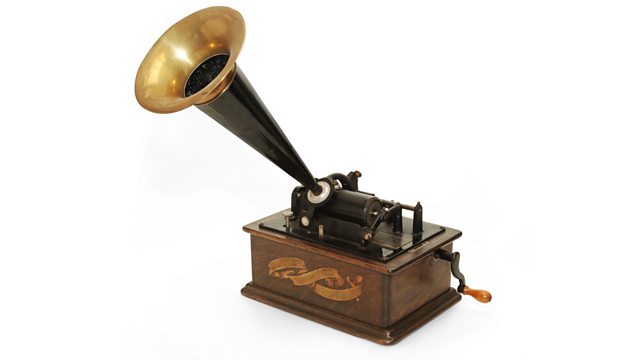Gramophone
“Superstar” economics – how the gramophone led to a winner-take-all dynamic in the performing industry. And innovations have created superstar economics in other sectors too.
“Superstar” economics – how the gramophone led to a winner-take-all dynamic in the performing industry. Elizabeth Billington was a British soprano in the 18th century. She was so famous, London’s two leading opera houses scrambled desperately to secure her performances. In 1801 she ended up singing at both venues, alternating between the two, and pulling in at least £10,000. A remarkable sum, much noted at the time. But in today’s terms, it’s a mere £687,000, or about a million dollars; one per cent of a similarly famous solo artist’s annual earnings today. What explains the difference? The gramophone. And, as Tim Harford explains, technological innovations have created “superstar” economics in other sectors too.
Producer: Ben Crighton
Editors: Richard Knight and Richard Vadon
(Image: Thomas Edison Phonograph, Credit: James Steidl/Shutterstock)
Last on
Sources and related links
Alfred Marshall - Principles of Economics 1890, cited in Sherwin Rosen “The Economics of Superstars”, American Economic Review Vol 71.5 Dec 1981
Tim Brooks - Lost Sounds: Blacks and the Birth of the Recording Industry, 1890-1919 University of Illinois Press 2004 p35
Sherwin Rosen - “The Economics of Superstars” American Economic Review Vol 71.5 Dec 1981
Broadcasts
- Sat 25 Mar 2017 19:50GMT����ý World Service except Americas and the Caribbean, East and Southern Africa, News Internet & West and Central Africa
- Sun 26 Mar 2017 10:50GMT����ý World Service except News Internet
- Mon 27 Mar 2017 03:50GMT����ý World Service Online & UK DAB/Freeview only
- Tue 28 Mar 2017 23:50GMT����ý World Service Americas and the Caribbean
Podcast
-
![]()
50 Things That Made the Modern Economy
The stories of inventions, ideas and innovations which helped create the economic world


